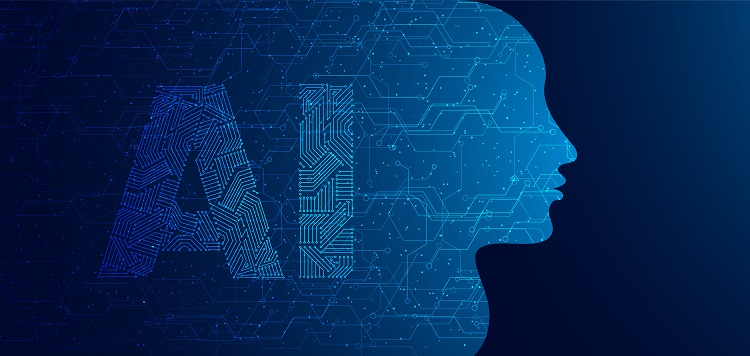The importance of attracting and retaining top talent has always been a critical factor in the success of any organization. With the rise of technology and the ongoing competition for talent, companies are looking for innovative ways to source, screen, and hire top talent. This is where a high-tech, high-touch recruitment approach comes in, leveraging the power of AI to streamline the recruitment process and create a more engaging and personalized experience for candidates.
The Importance of AI in Recruiting
Recruiting is a complex process that requires significant time and resources. However, the use of AI can help to automate specific heavy-lift repetitive processes, such as resume screening and candidate matching, freeing up recruiters’ time to focus on more value-adding tasks such as candidate engagement and building relationships. Additionally, AI is capable of analyzing large data sets, identifying patterns, and providing insights that may be missed by humans.
The importance of a high-tech, high-touch approach
A high-tech, high-touch approach that uses AI can help create a more personalized and engaging candidate experience. It enables recruiters to communicate with candidates in real-time and provide them with targeted information that aligns with their interests and needs. This approach helps build trust and establish a rapport between the candidate and the organization.
Benefits of AI in resume screening
Resume screening is a crucial but time-consuming process that involves reviewing several resumes and identifying the most suitable candidates. However, using AI in the resume screening process benefits both the candidate and the employer by allowing for better discovery and more precision in the initial matchmaking. AI algorithms can identify relevant skills and experiences more accurately than traditional approaches that rely solely on keywords.
Ensuring ethical and unbiased use of AI in recruiting
One misconception about AI’s role in recruiting is that it will eliminate bias. However, AI algorithms can be programmed to learn from certain biases inherent in the data they are trained on, leading to unfair or inaccurate decisions. Therefore, it is crucial to ensure that AI systems are based on diverse and representative data sets to prevent perpetuating any societal biases.
Importance of proper controls and audits
Proper controls and audits within the AI model are needed to avoid learned AI biases and promote diversity in the candidate pool. For instance, companies can create an audit trail that documents the AI algorithm’s decisions, evaluate the data sets used, and ensure that they include candidates from diverse backgrounds.
Overall, a high-tech, high-touch approach represents a massive opportunity for companies to attract top talent, build a more diverse candidate pool, and help close the talent gaps that reshape industries and the employee experience in the long run. By integrating purpose with AI, companies can create a recruitment process that is efficient, personalized, and ethical, attracting the top talent needed to drive business success. With technology continually evolving, companies need to stay ahead of the curve to remain competitive and recruit the best talent in their respective fields.

